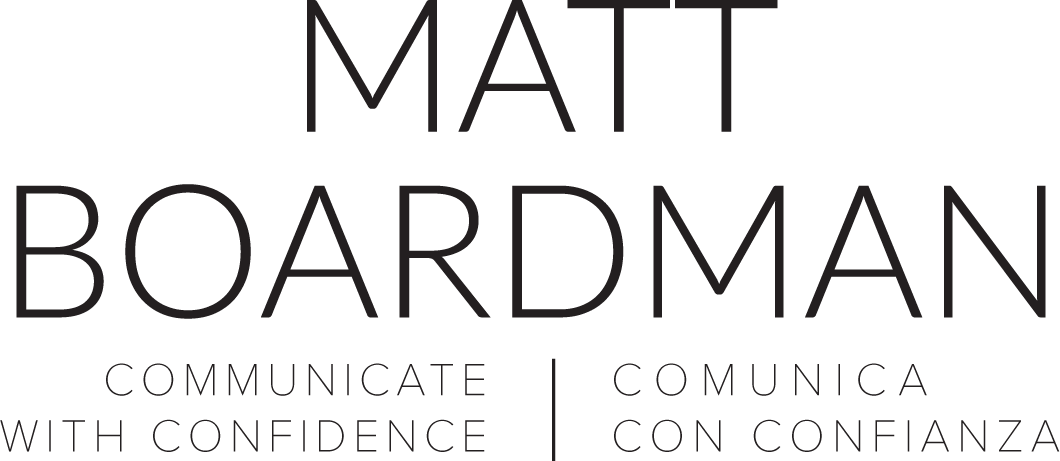How many emails have you received this week/day/minute? Since the dawn of email (which occurred at some point since the Bronze Age), our efficiency at work has supposedly increased. There are some contexts in which email is appropriate and more effective. But there are crucial, often-forgotten advantages of picking up the phone. If you would hate to pitch your startup by email, don’t do all your networking by it either!
In person is best, there’s no doubt about it. A client or colleague is far more likely to know, like and trust you if they can see your authentic, smiling face. But speaking face-to-face is time-consuming unless you’re in the same office.
Email: networking at a distance
Email is definitely useful in some contexts. For example when you’re:
- Communicating something uncontroversial to someone you’ve already got a strong, positive working relationship with (be warned: what seems uncontroversial to you may not to someone else)
- Confirming something already spoken about by phone (a quick follow-up email provides a written reminder (and paper trail) of what’s been agreed)
- Providing complex information which will need to be referred to later (again, this will often take the form of a follow-up email after a previous conversation)
- Communicating with several people about the same topic.
There are other contexts in which some people say email is best. Like when:
- The other person is difficult to reach by phone – however, if they are really that busy, they are unlikely to read an email carefully. Instead, use email to organise a time when they can speak by phone (and contrary to popular belief, putting a call in the calendar doesn’t mean it has to last 30 minutes when 5 minutes are enough).
- You want them to give a creative, thoughtful response add (e.g. ideas for the next marketing event) without the pressure that a phone call can. However, in my view it is a myth that real creativity is necessarily generated by a longer thinking period. In Getting Things Done, David Allen argues that our best creativity comes from a natural planning process, often in live conversation with somebody else rather than sat alone at a desk. In 1953, Crick and Watson discovered the structure of DNA writing at breakneck speed on a Cambridge pub napkin, not in response to an email (or telegram!) request.
The phone: particularly useful for Spanish startups
Ignoring a recent article by The Times, my experience is that the Spanish do many things better than us British: in particular, they have far better social skills (to say nothing of the food). I find it a wasted opportunity that so many startups I meet in Madrid communicate almost entirely by email. So why is phone better?
- Rapport: It’s easier to build and maintain strong personal relationships if the other person can hear your voice. Your voice could stand out in the memory of a potential client because of many different subtle characteristics (tone, accent, inflection) and even the distinctive sound of your laugh. When a client of mine suddenly needed a contractor, one in particular sprang to mind because of a humorous conversation they had had about where her accent was from (Vigo in Galicia). It’s much harder to build rapport with your distinctive use of the Arial font.
- Spontaneous creativity: Email seems like another chore. What’s your mind-set when you sit down to answer emails? Responses are more likely to be the bare minimum needed to “tick off” each email and move to the next one. In my experience, the moments when the other person suddenly says “Ah! I know someone who could help you with that!” come much more frequently during a stimulating conversation than a sterile email exchange.
- Reduce misinterpretation: It is almost impossible to convey tone of voice over email. If you are making a joke, subtle verbal signals make it more obvious over the phone. Over email the only equivalent is a winky emoticon, which has dubious suitability in a professional context. That’s without even mentioning the dangers of email autocorrect: when was the last time you fundamentally mispronounced “duck” over the phone?
- Psychological importance: Phone calls are so much rarer than email that when we receive one, we often stop other activities to attend to it. The (albeit illogical) psychological importance that we give to the phone is an advantage if you want to get somebody’s attention.
Or… WhatsApp voice messages
Finally, there is a useful alternative to phone calls: Whatsapp voice messages. They are so noticeably more popular in Spain that my UK friends frequently say “Matt, why do you insist on sending me these annoying Whatsapp voice messages? In Madrid, my experience is that people don’t tend to see Whatsapp as too informal, and voice messages combine almost all the advantages of a phone call with the advantage that you can send it to them even when they’re busy.
Summary
Whether you’re a startup or an entrepreneur, try to resist the temptation to always communicate by email. Picking up the phone helps you connect better with your client or investor, and a better connection is the aim of all good networking.
Want more? Increase your chances of networking well by using open questions to have better conversations.
Do you prefer email, phone or WhatsApp voice messages? Let me know in the comments below, on Twitter or on Facebook.


